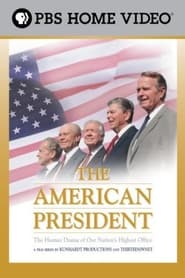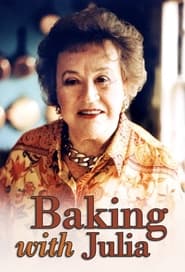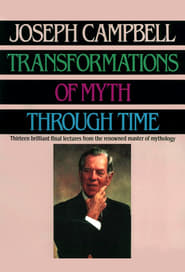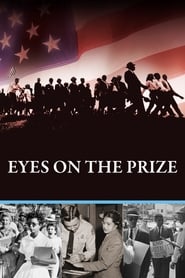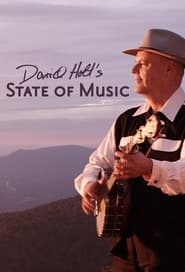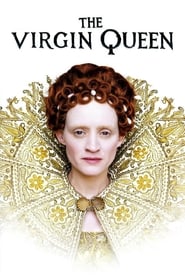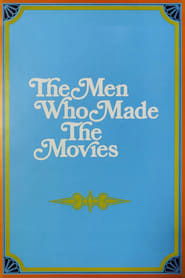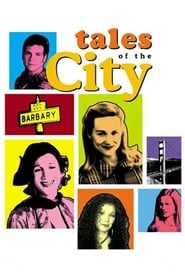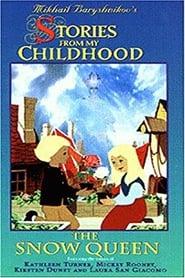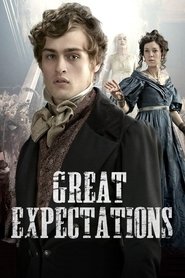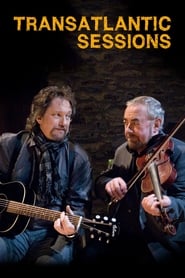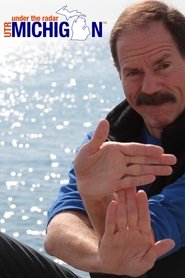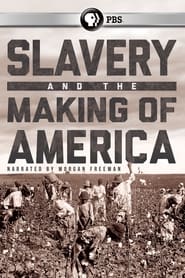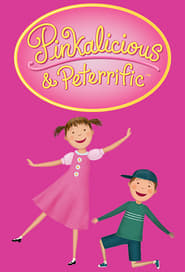Pbs TV Series - Page 9
-
The American President
2000
“The American President” is a series that aired on PBS in 2000 profiling 41 U.S. chief executives, using exclusive interviews with Presidents Clinton, Bush, Ford, and Carter. Well known figures lend their voice to presidents of the past who lived before sound recordings, including: Colin Powell, Bob Dole, Walter Cronkite, Ben Bradlee, John Glenn, James Carville, Andrew Young, and the Rev. Billy Graham. Narrated by Hugh Sidey. -
The U.S. and the Holocaust
2022
star 8.6Inspired in part by the United States Holocaust Memorial Museum’s “Americans and the Holocaust” exhibition and supported by its historical resources, this documentary series examines the rise of Hitler and Nazism in Germany in the context of global antisemitism and racism, the eugenics movement in the United States, and race laws in the American south. -
Baking with Julia
1996
star 8Baking With Julia is an American television cooking program produced by Julia Child and the name of the book which accompanied the series. Each episode featured one pastry chef or baker who demonstrates professional techniques that can be performed in a home kitchen. It was taped primarily in Child's Cambridge, Massachusetts house and was aired over four television seasons from 1996 to 1999; it is still occasionally aired in reruns on Create on PBS digital stations. The series was created as a spinoff of the Cooking with Master Chefs series due to a significant response to the baking episodes and was a nation co-production of A La Carte Communications and Maryland Public Television. The accompanying book was written by baker and food writer Dorie Greenspan with assistance from Child and food tester David Nussbaum, and includes brief biographical sketches of the chefs involved in the show. -
Transformations of Myth Through Time
1989
Legendary raconteur Joseph Campbell explores the myth and symbols that have shaped our world and given us what he has called "the experience of being alive." -
Eyes on the Prize
1987
star 6.2The definitive story of the Civil Rights era from the point of view of the ordinary men and women whose extraordinary actions launched a movement that changed the fabric of American life, and embodied a struggle whose reverberation continue to be felt today. -
David Holt's State of Music
2016
star 9David Holt plays tunes and talks with modern masters of traditional music in Appalachia, showcasing not just the music but also the countryside that gave it life. Shot entirely on location, the program puts its featured performers in the context of the countryside that nurtured their musical traditions. -
The Virgin Queen
2006
star 6.2The Virgin Queen explores the full sweep of Elizabeth's life: from her days of fear as a potential victim of her sister's terror; through her great love affair with Robert Dudley; into her years of triumph over the Armada; and finally her old age and her last, enigmatic relationship with her young protégé, the Earl of Essex. -
The Men Who Made the Movies
1973
Acclaimed profiles of eight great American film directors. Produced and directed by Richard Schickel and narrated by Cliff Robertson, with solid interviews and film clips, the series reviews the careers of Raoul Walsh, Frank Capra, Howard Hawks, King Vidor, George Cukor, William A. Wellman, Alfred Hitchcock and Vincente Minnelli. -
Tales of the City
1993
star 8Mary Ann Singleton, a naïve young secretary from the mid-west, tumbles head first into the colorful world of San Francisco, where carefree chaos revolves around the funky old apartment house at 28 Barbary Lane. -
The Steven Banks Show
1994
star 7Spun off from his one man show, Steven bank: Home Entertainment Center, is this one season fun series. Again, Steven has regular goals including work, home and relationships and again, his goals are impeded by his own penchant for distraction. Steven is as talented as ever, but with this series he is joined by Teresa Parente and Michael Kostroff, both of which play multiple characters with amazing dexterity and skill. In the end, the show is a fun excuse to work together Steven's imitations and songs, of which he has even crafted an album! Banks! Banks! Banks! -
Great Expectations
2011
star 7.2The life of an orphan is changed by the providential intervention of a mysterious benefactor. -
Transatlantic Sessions
1995
star 10Folk musicians from both sides of the Atlantic come together in what have been called “the greatest backporch shows ever.” Collaborative live performances by various leading folk and country musicians playing music from Scotland, Ireland, England and North America. -
Under the Radar Michigan
2010
This is a fast-paced, modern, thirty-minute program that explores the best of Michigan. Airing on PBS outlets all across Michigan, Northern Ohio, and Eastern Wisconsin and 2.5 Million homes in Canada. Think modern, hip, high-tech, fast-paced, travel channel - concentrating on only Michigan. Each week UTR host Tom Daldin explores everything from Michigan restaurants and museums, to cool businesses and neighborhoods. The object is to discover the people, places and things that are unique about Michigan. -
Hometime
1986
star 6Hometime is a PBS home improvement television show produced by Hometime Video Publishing, Chaska, Minnesota, in association with WHYY-TV Philadelphia/Wilmington, Delaware, and broadcast on public television and in syndication. It first aired in 1986. In the 1990s, Hometime aired on TLC. Hometime demonstrates both do-it-yourself- and contractor-performed projects, ranging from simple weekend projects to complete homes. Hometime episodes have covered many aspects of home construction and maintenance. -
Slavery and the Making of America
2005
star 7.9The history of American slavery from its beginnings in the British colonies to its end in the Southern states and the years of post-Civil War Reconstruction. Looks at slavery as an integral part of a developing nation, challenging the long held notion that slavery was exclusively a Southern enterprise. Simultaneously focuses on the remarkable stories of individual slaves, offering new perspectives on the slave experience and testifying to the active role that Africans and African Americans took in surviving their bondage and shaping their own lives. -
Pinkalicious & Peterrific
2018
Join the fun as Pinkalicious and her brother Peter look for ways to turn the everyday ho-hum into something extraordinary. The new series encourages creativity and celebrates the arts across all disciplines - dance, theater, music, and the visual arts. -
Click and Clack's As the Wrench Turns
2008
Click and Clack's As the Wrench Turns is an animated television series that follows the adventures of the brothers Click and Clack from their auto repair shop Car Talk Plaza. The program stars Tom and Ray Magliozzi, also known as the Tappet Brothers, from National Public Radio's Car Talk. The Wednesday night prime-time series debuted on July 9, 2008, and additionally in various time slots depending on local station scheduling. The series aired its ten-episode season in two-episode blocks for five weeks. -
WonderWorks
1984
WonderWorks
1984
Anthology series aimed at children and families, many of the episodes were based on popular children's and young adult novels.
